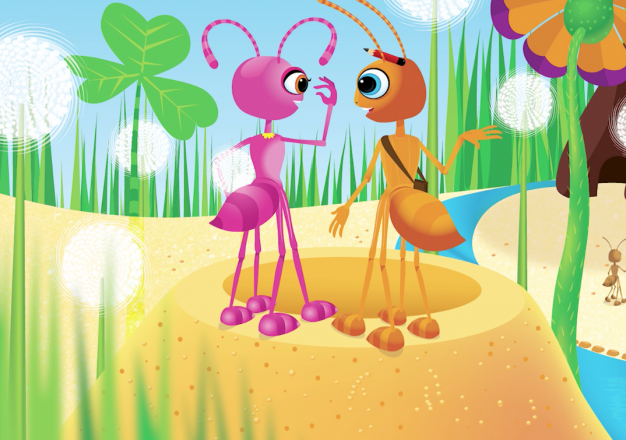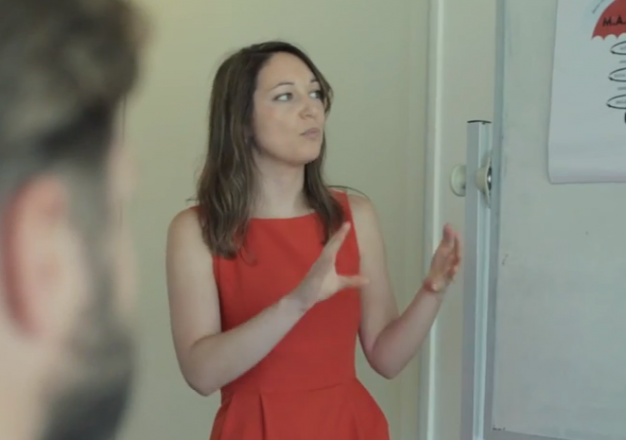Self-Talk and Thinking in Preschool Children – UQ Research

| Posted: | November 7, 2017 |
| Author: | Aisling Mulvihill Speech-Language Pathologist |
Share this article:
Self-Talk
Young children often talk to themselves as they engage in daily activities such as when playing, looking at books, engaging in puzzles or even when going to sleep. In psychology a child’s self-talk is known to hold an important developmental function, in that it supports their self-regulation of thinking and behaviour.
According to recent research young children begin to use overt (i.e., out-loud) self-talk in their toddler years. This increases and becomes more task focused as children enter preschool and early primary school. Eventually children internalise their talk as inner speech. However, even adults talk to themselves out-loud on occasion. This tends to occur during times of high cognitive demand such as when doing something challenging, learning something new, or when managing emotions during stressful times (e.g., managing frustration whilst stuck in traffic).
Self-talk is considered important for planning, focus, emotion control, and creativity. In early childhood, the emergence and use of self-talk is associated with increased task success. In primary school, a student’s own awareness of their self-talk as a thinking tool is similarly related to learning success.
The Research
Aisling Mulvihill, PhD Candidate and Speech-Language Pathologist at the University of Queensland, investigates the importance of self-talk for learning and behaviour.
This research aims to understand how self-talk relates to the development of thinking and behaviour in 3-5year old children with and without developmental challenges. We hope that this knowledge may help us to better understand the importance of self-talk for learning and behaviour, provide helpful information for parents and teachers, and lead to better learning supports for young children with developmental challenges.
What is involved?
Participants aged 3-5years are invited to participate in a comprehensive learning assessment free of charge. A child-specific report will be provided to parents on completion of assessment.
Children will engage in five 45min sessions of play-based assessment using books, toys, iPad tasks and Lego.
Assessments will measure:
- Language ability
- Non-verbal thinking skills
- Social Skills
- Early planning and organisation skills
- Self-talk
All assessment sessions take place in a child friendly environment at The University of Queensland, Brisbane. Parking is provided for participating families.
To participate in this project children must be aged 3-5years and have one native English speaking parent.
Further Information
Participation in this research is highly valued and appreciated. For further information please contact Aisling Mulvihill on:
Email: a.mulvihill@uq.edu.au
Please include your contact details:
- Name
- Phone number
This research has been cleared in accordance with the ethical review processes of the University of Queensland and within the guidelines of the National Health & Medical Research Council, ethics approval number 2017000366.





